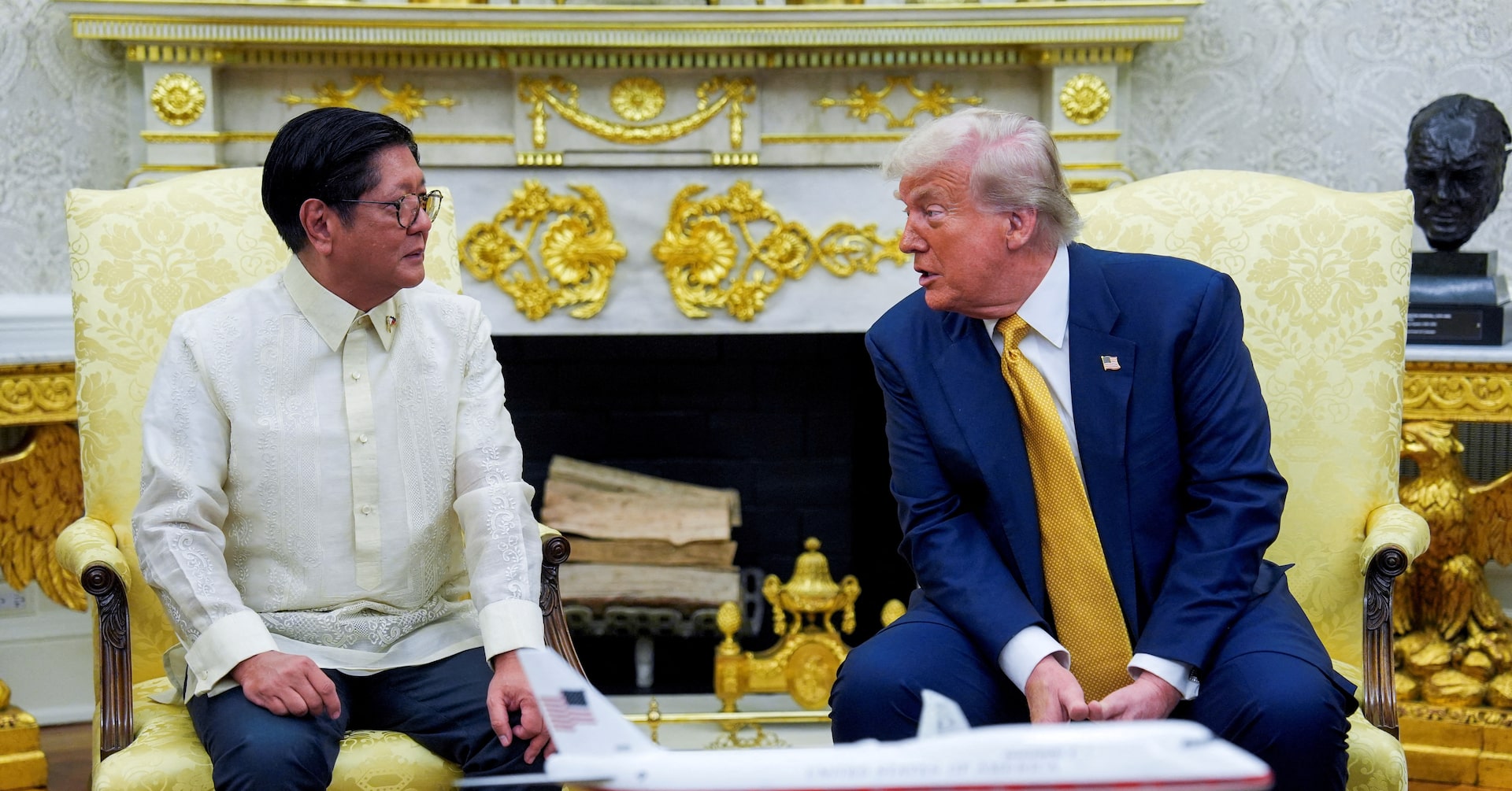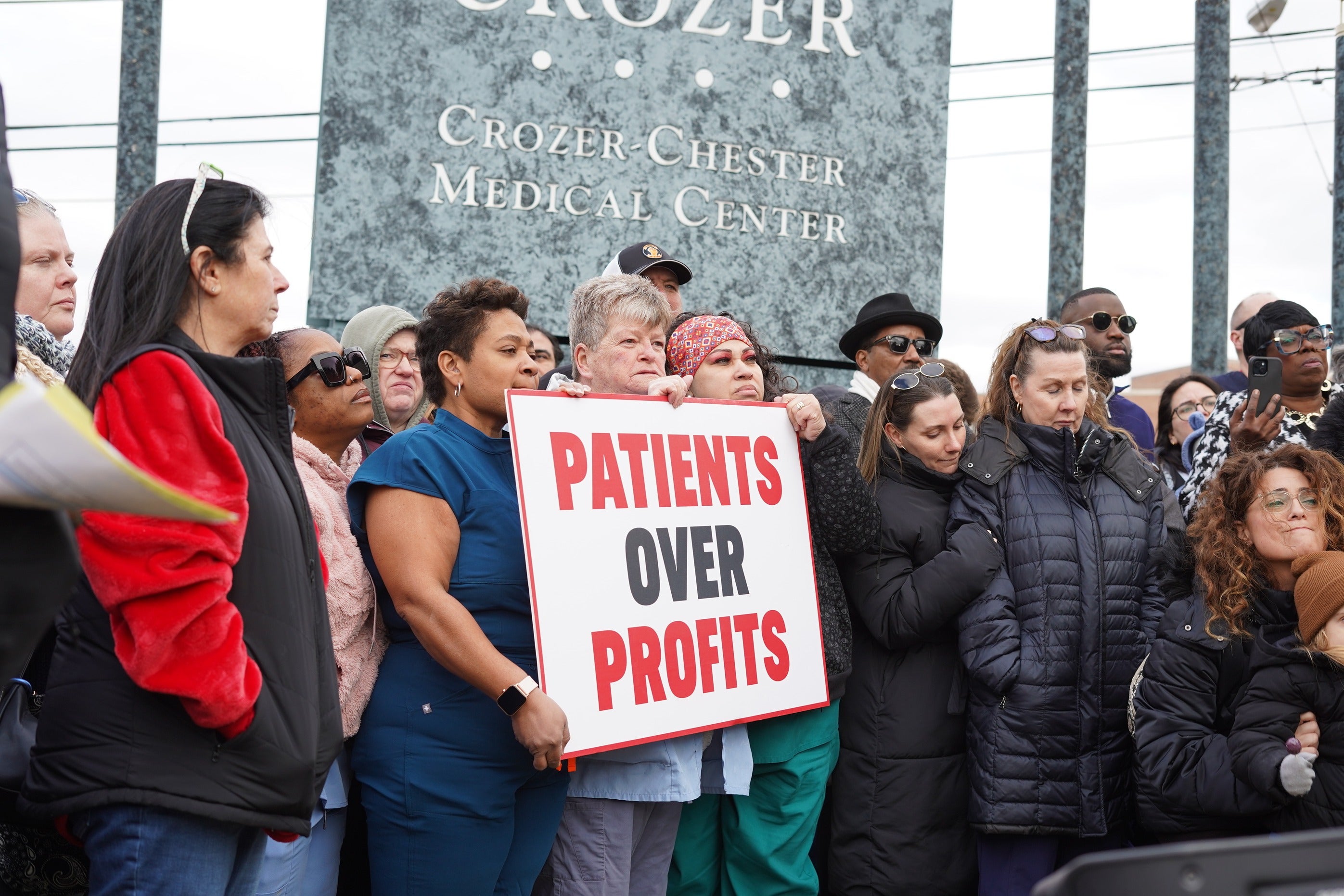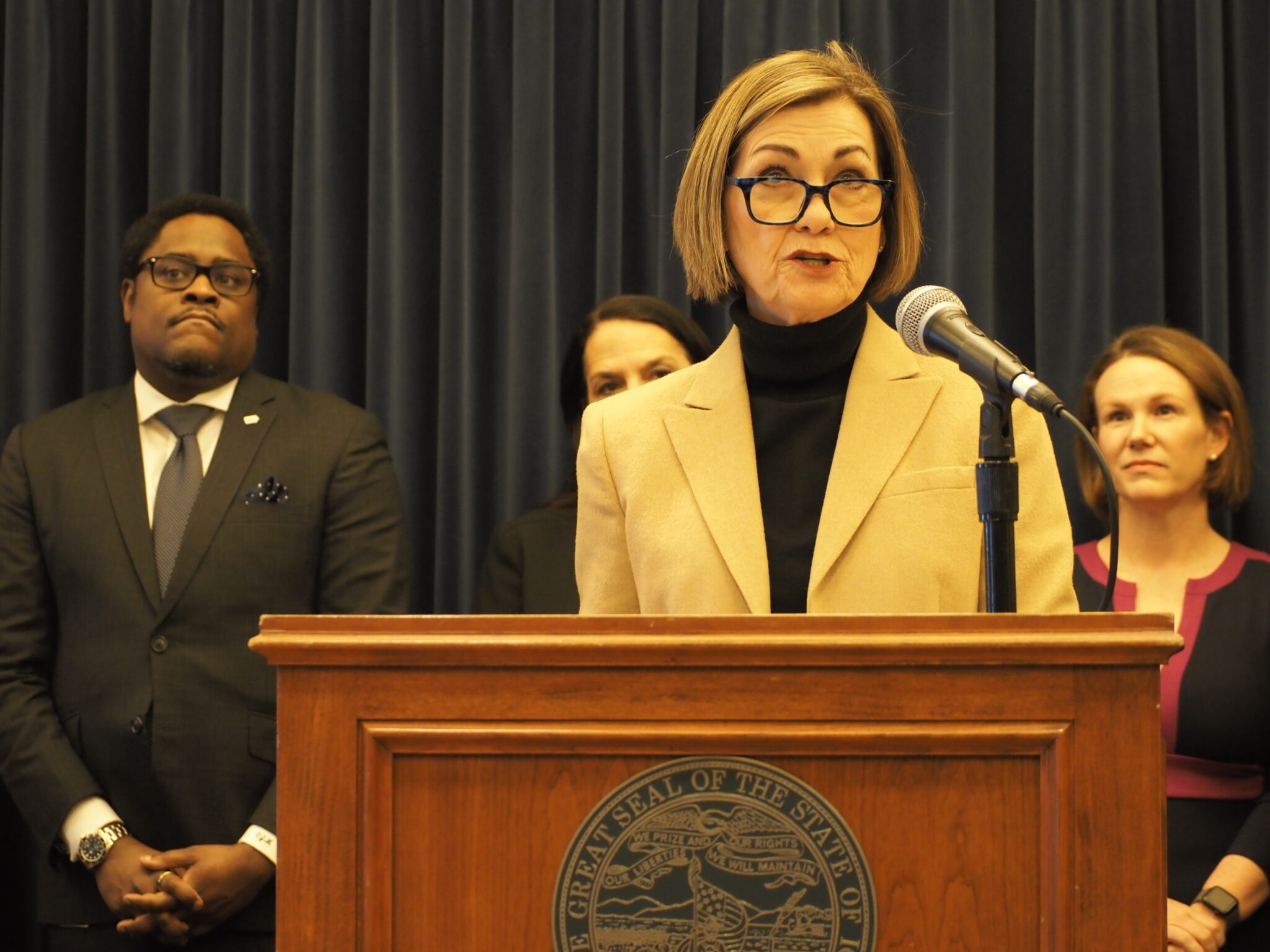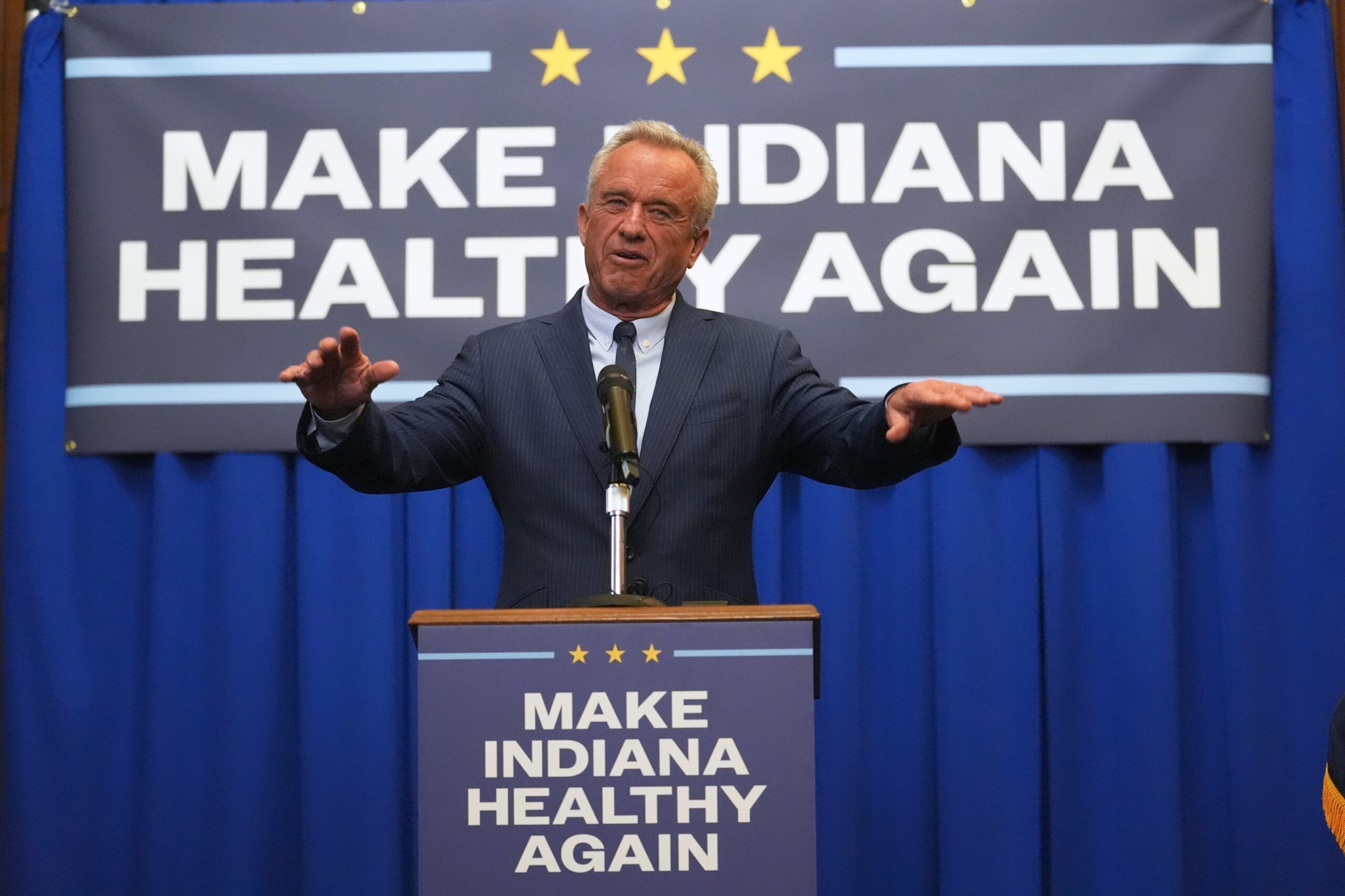Health Boost: US Pledges $250 Million Lifeline to Philippine Medical Frontlines

In a significant boost to global health initiatives, the United States is set to provide the Philippines with a substantial $250 million aid package targeting critical healthcare challenges. U.S. Secretary of State Marco Rubio announced the funding on Thursday, highlighting the comprehensive approach to addressing pressing medical concerns in the Southeast Asian nation.
The generous financial support will focus on three key areas: combating tuberculosis, improving maternal health services, and strengthening the country's preparedness against emerging infectious diseases. This strategic investment underscores the United States' commitment to supporting global health infrastructure and helping vulnerable populations.
By targeting these critical health sectors, the aid package aims to make a meaningful impact on the Philippines' healthcare system, potentially saving lives and improving overall public health outcomes. The funding represents a proactive approach to addressing systemic health challenges and building resilience in the face of potential medical crises.








